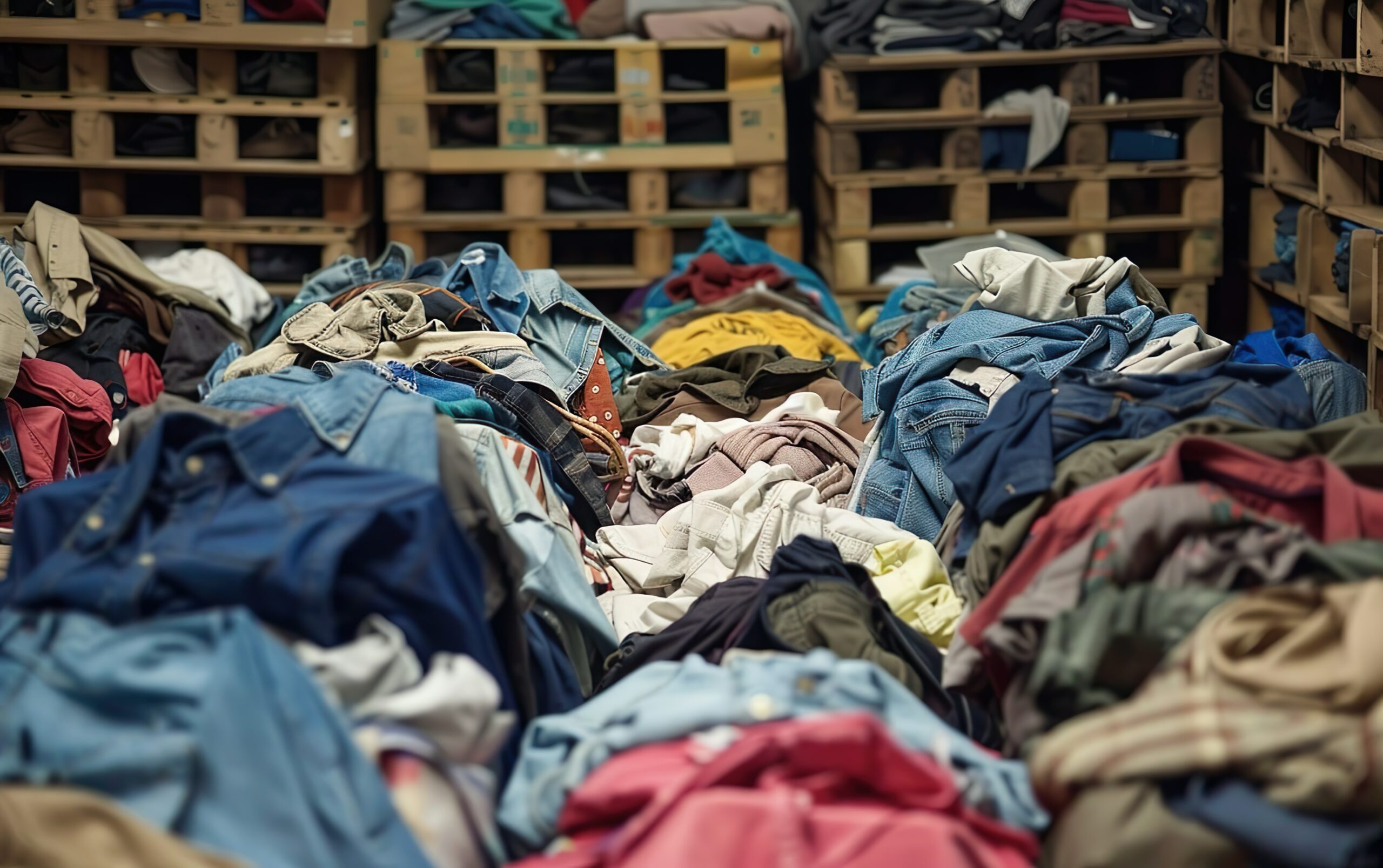Before the conclusion of the trilogue negotiations on the Waste Framework Directive, including the extended producer responsibility, the Textil + Mode Association takes a position: In the current draft for the directive, all used textiles, without exception, would be defined as waste. This means that all textiles are initially considered waste when disposed of; from low-quality fashion items from ultra fast fashion to high-quality clothing that could still be sustainably reused as second-hand goods.
According to the Textil + Mode Association, which represents the interests of medium-sized textile and clothing manufacturers, this is a scandal.
Jonas Stracke, circular economy expert at the General Association of the German Textile and Fashion Industry, emphasizes: “Once again, the EU is far too short-thinking when it comes to sustainability and producer responsibility. Textiles are not waste – at least not textiles that were produced by quality manufacturers. To lump this together with inferior ultra fast fashion is completely the wrong approach.”
If the EU sticks to its plans, in the future European companies would have to pay for the disposal of inferior cheap clothing from global retail chains and cheap platforms such as Shein and Temu as part of the extended producer responsibility. Stracke: “Such an approach punishes the domestic textile industry, which relies on sustainability and fair standards. In the end, consumers, the environment and the entire European economy will have to pay dearly for this EU directive. The laughing third parties are once again suppliers and online marketplaces from third countries who flood the European markets with cheap clothes, which the domestic industry then has to pay for the disposal of. This means that the competitiveness of European quality manufacturers continues to deteriorate.”
The entire association is calling on the EU negotiators to include the manufacturers’ expertise in the discussion before the Waste Framework Directive, including extended producer responsibility, leads to a waste disaster.






Leave a Reply